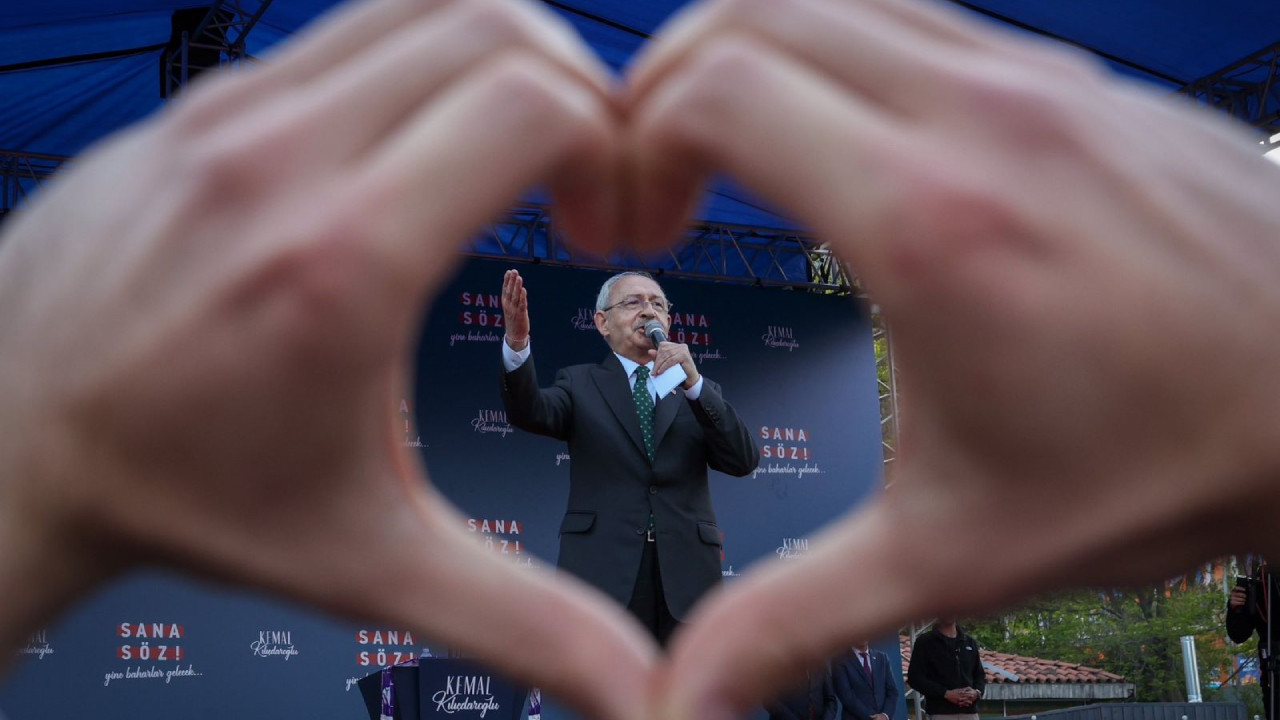Voting ends for one of the most important elections of Turkish history
More than 191,000 ballot boxes were set up across Turkey for the parliamentary and presidential elections on May 14. Some 60.6 million people inside the country were expected to cast their votes, including 4.9 million first-time voters.
Reuters - Duvar English
Turks voted on May 14 in one of the most important elections in modern Turkey's 100-year history.
The vote will decide not only who leads Turkey, a NATO-member country of 85 million, but also how it is governed, where its economy is headed amid a deep cost of living crisis, and the shape of its foreign policy.
If President Recep Tayyip Erdoğan Erdoğan or Nation Alliance's presidential candidate Kemal Kılıçdaroğlu fails to get more than 50% of the vote in the presidential elections, there will be a runoff election on May 28.
Voters will also elect a new parliament, likely a tight race between the People's Alliance comprising Erdoğan's AKP and the nationalist MHP and others, and Kılıçdaroğlu's Nation Alliance formed of six opposition parties, including his CHP established by Turkey's founder Mustafa Kemal Atatürk.
Polls opened at 8 a.m. (0500 GMT) and cloased at 5 p.m. (1400 GMT). Under Turkish law, the reporting of any results is banned until 9 p.m. By late on May 14 there could be a good indication of whether there will be a runoff vote for the presidency.
Many in the provinces affected by the earthquake, which killed more than 50,000 people, have expressed anger over the slow initial government response but there is little evidence that the issue has changed how people will vote.
Kurdish voters, who account for 15-20% of the electorate, will play a pivotal role, with the Nation Alliance unlikely to attain a parliamentary majority by itself.
The pro-Kurdish Peoples' Democratic Party (HDP) is not part of the main opposition alliance but fiercely opposes Erdoğan after a crackdown on its members in recent years.
The HDP has declared its support for Kılıçdaroğlu in the presidential race. It is entering the parliamentary elections under the emblem of the small Green Left Party due to a court case filed by a top prosecutor seeking to ban the HDP.
Kılıçdaroğlu, a 74-year-old former civil servant, promises that if he wins he will return to orthodox economic policies from Erdoğan's heavy management.
If he wins, Kılıçdaroğlu faces challenges keeping united an opposition alliance that includes nationalists, Islamists, secularists and liberals.

 Propaganda ban starts for Turkish electionsDomestic
Propaganda ban starts for Turkish electionsDomestic Kılıçdaroğlu’s (un)changing character: He vows to build a better Turkey as he transformed CHPPolitics
Kılıçdaroğlu’s (un)changing character: He vows to build a better Turkey as he transformed CHPPolitics